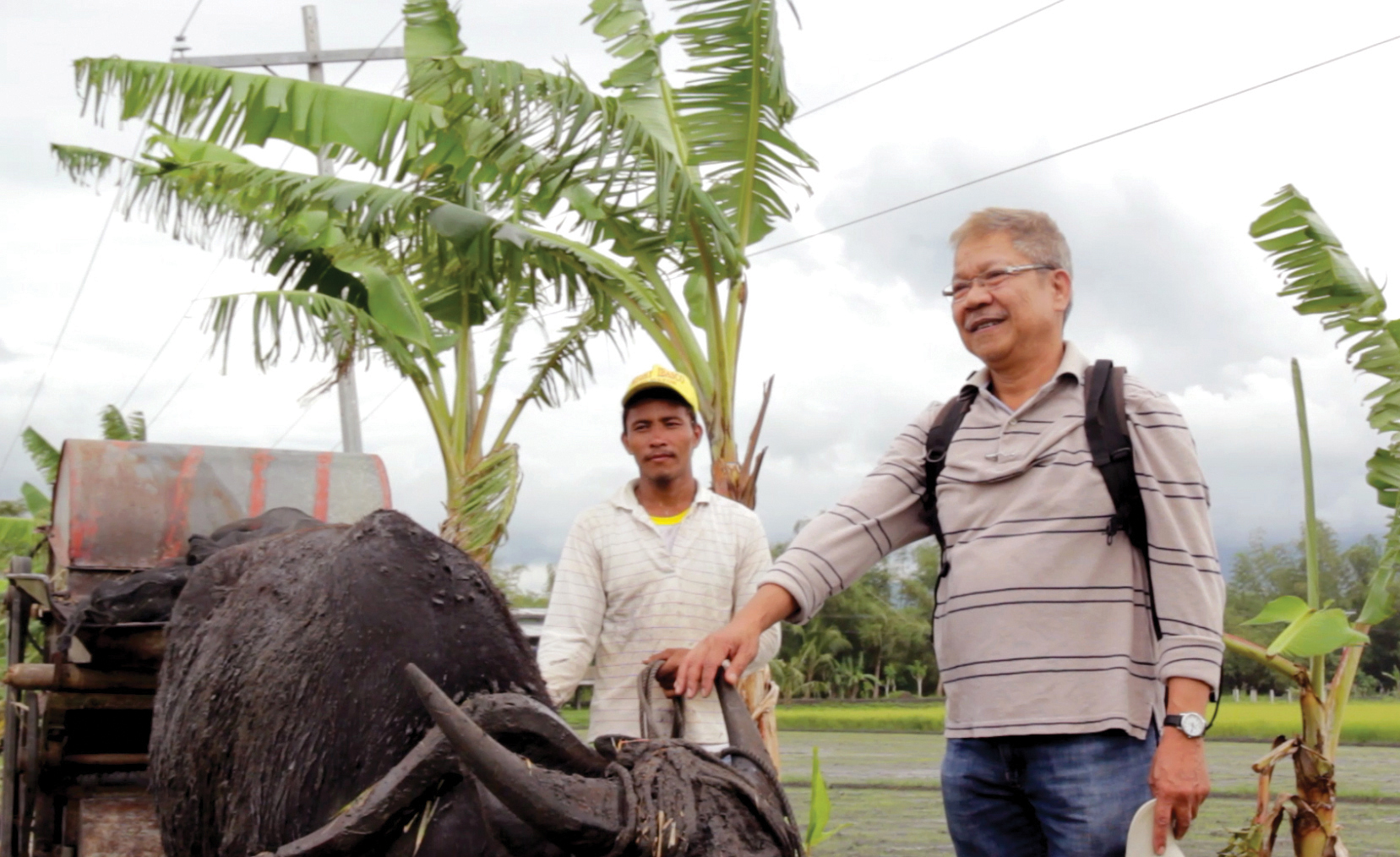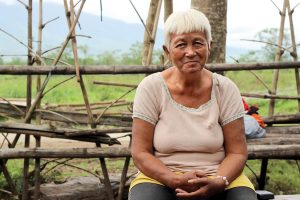New ideas: helping Philippine farmers thrive
Story

Volunteer Mandy Borja is putting his vast experience in agriculture, engineering and development to work in his home country. The Filipino- Canadian, a retired environmental and agricultural engineer, is volunteering as a knowledge management advisor with Trias-Southeast Asia.
A former CEDA consultant, agriculturist for the Philippine government and project manager for the Worldwide Fund for Nature-Philippines, the 62-year-old’s decades of experience in the field made him a perfect fit to assist farming organizations with updating and streamlining their practices.
“It’s like our minds are being opened to new ideas,” said Gerald Prila, internal control system inspector at Pecuaria Development Coop-erative Inc. PDCI, located in the municipality of Bula in Camarines Sur, Philippines, has more than 400 farmers who grow organic rice and muscovado sugarcane.

Jocelyn Chaba, 64, one of the original members of the cooperative.
Officially established in 1991 during the country’s agrarian land reforms, and following conflicts between competing farm groups, 426 households received 1.7 hectares each for farming and an additional 600 square-metres where they could build a home.
Jocelyn Chaba, 64, is one of the original members of the cooperative and remembers the move to organic farming was difficult.
“Of course it was hard,” said the mother of 10. “We hadn’t tried it before. So we just tried and tried. And then later on, as we became familiar with the process, it became easier. You learn.”
According to a 2017 report by the International Land Coalition, the cooperative “has emerged as a driving force for innovation in the rural development sector and the stable demand for its products brings increasing income to producers.”
For Jocelyn, organic farming produces sweeter rice and a larger yield, while also cutting her farming expenses and freeing up more time to spend on other pursuits.
“We no longer need to buy fertilizer,” she said. “We no longer need to cut the grass before we can plant.”
With the money she saved, Jocelyn was able to purchase items “here and there” for her family and use her free time to plant sweet potato, bananas and vegetables.
A simple dream
Mandy, who lives in Toronto, worked with Pecuaria’s farmers to document their techniques. “Starting from their planting, on how they take care of it, how they dry their rice grains and then on how they plan to market it,” he said. “I was able to see what they had and what I could still improve on.”
With the farmers’ help, Mandy created an instruction guide to improve their systems, increase production and offer their produce to a wider audience.
The assistance has been extremely helpful and the cooperative is now looking at how it can develop further and help its farmers grow other specialized projects, Gerald said.
For Mandy, it’s all about ensuring the right processes are in place to help farmers succeed and thrive.
“I can see changes with the farmers’ attitudes, their concern for environmental protection and sustainability of agriculture production. They are now very interested to learn and use the appropriate technologies,” he said.
“I just have a simple dream for them—that they can sustain their farming operations and improve their technology, so their way of living can improve as well.”